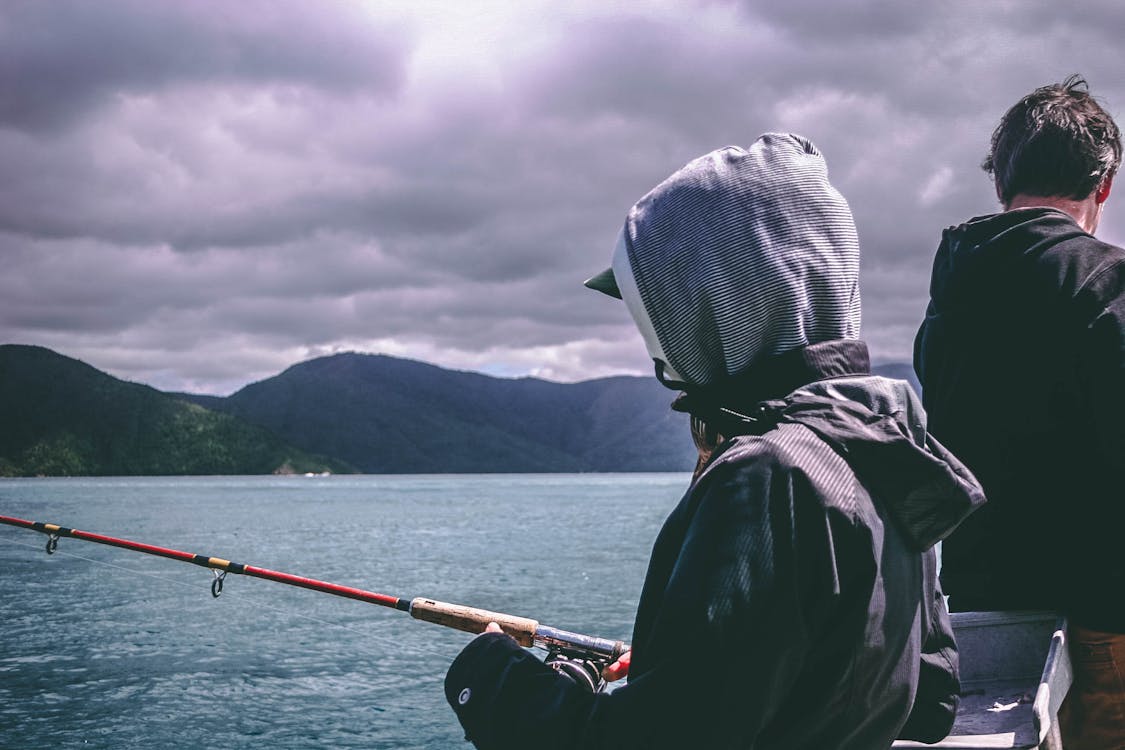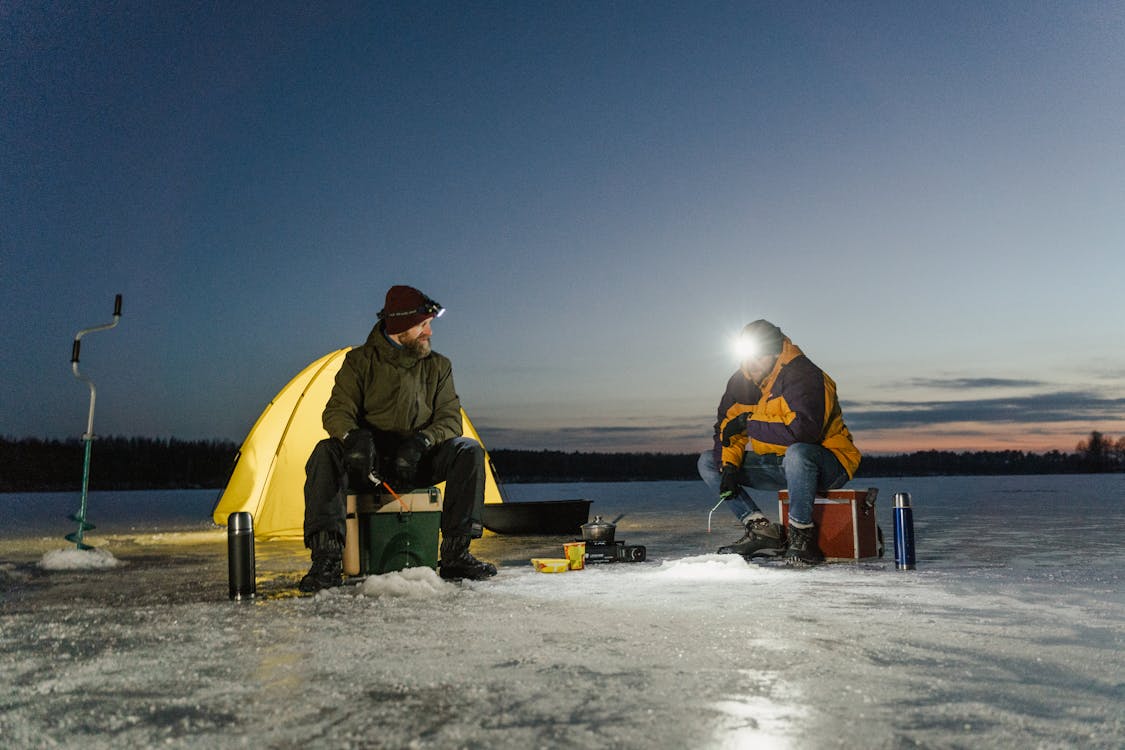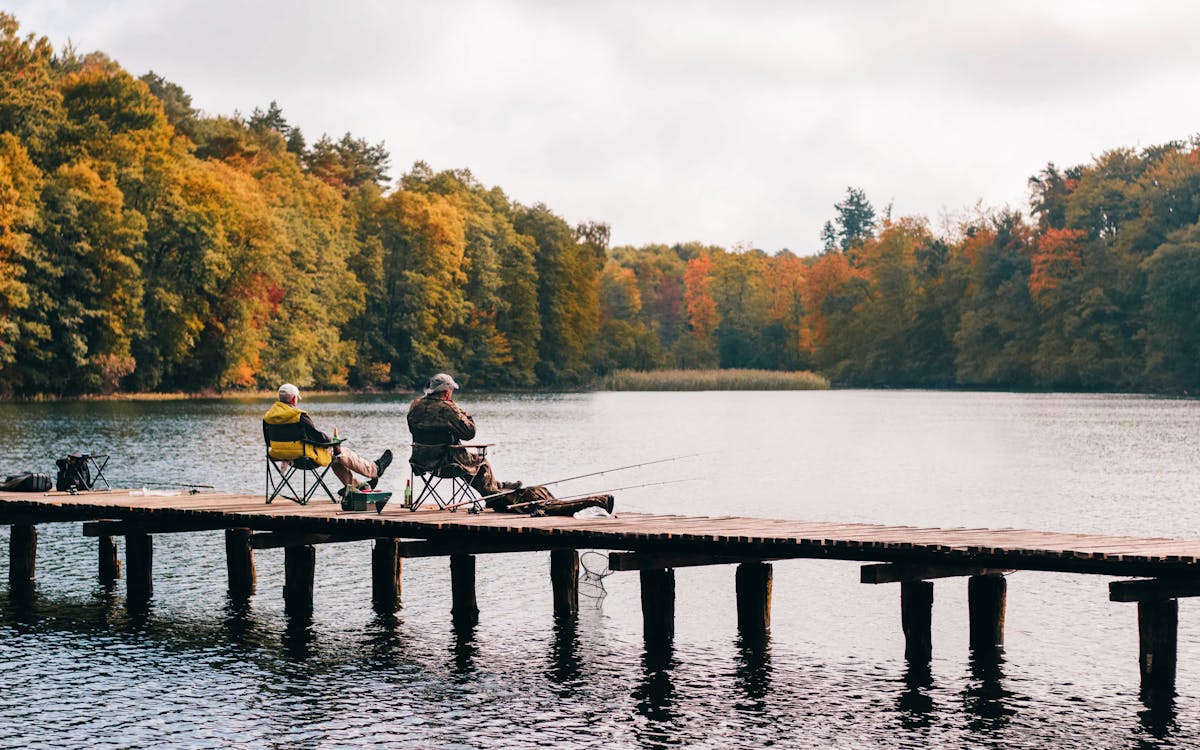Fishing is an ancient outdoor activity millions worldwide enjoy. While some do it for fun, it’s a source of income for most in rural areas. Whatever the reason is, knowing what to consider for successful fishing is essential. Thus, this article has examined seven things to care for while fishing.
Whether experienced or a novice, this article will help you discover things you never thought were important, so keep following!
1. Check for Safe Fishing Locations
Not every river is safe to fish in, and not paying attention to this factor can cause you a lot. Thus, you must find a safe fishing location before embarking on this fun experience. If you’re new to the area, a little research would not hurt!
A safe fishing location suits all anglers, whether novice, intermediate, or expert. You might wonder, “How do I identify a safe fishing location?” You can identify one through its visibility, accessibility, and potential hazards.
Check for visible and accessible areas where you can spot any potential hazards, including strong currents. Avoid places where you can easily get injured, like places with heavy boat traffic.
Another thing to consider is finding a location with the type of fish you wish to catch. If finding that would be a hassle, you can visit the Gold Coast. Several fishing spots around the Gold Coast have beautiful beaches and waterways, including the Broadwater and the Seaway. These places offer people various fishing opportunities, ranging from boat to shore fishing, with species like flathead and bream.
2. Wear Appropriate Clothing
Imagine stretching your hook into the river to catch a fish, but your clothes keep dipping into the river too. Frustrating, right? You most likely answered yes! That’s why wearing appropriate clothing while fishing is essential.

Yet, it doesn’t end there. Wearing appropriate fishing clothes can make your experience safer and more comfortable. You don’t get to experience the harsh burn from the sun because you’re with your hat. Also, if you’re fishing in cold weather, your fitted sweater saves you from the cold.
Again, visible clothing makes you more visible to other boats and anglers. Thus, collisions are less risky if you’re fishing in a trafficked area.
3. Use the Right Equipment
Without all the fishing equipment, you might resort to non-suitable substitutes. Thus, your fishing experience becomes difficult and uninteresting.
No matter your fishing style, you must get a fishing line, bait, net, tackle box, rod, and more, to the location. However, you may need equipment like a fish finder or waders for certain fishing styles. Failure to bring these tools can affect your chances of catching fish, cutting your fishing trip short.

While bringing fishing equipment is necessary, bringing the most-suited ones is more important. For instance, using a too-heavy or too-light rod for some fish species will make it hard to reel in fish. Also, using the wrong fishing hook can cause more lost catches than wins.
Aside from that, using the wrong equipment can lead to damage, and its repair can be costly. So, bringing fishing equipment and using them correctly can save you from unnecessary issues.
4. Stay Hydrated
Staying hydrated while fishing is essential, especially in the hot weather. Fishing is physically demanding, and being under the sun for a long time can cause dehydration. And these effects could lead to other health issues, like dizziness and fatigue.
To avoid these, drink plenty of water to replenish the fluids you lost through sweating. If you don’t like water, you can turn to other beneficial hydrating fluids. So, pack enough hydrating fluids when going on a fishing trip, and drink even when you’re not thirsty.
Also, it would be best to avoid sugary drinks and alcohol, which further dehydrates you.
5. Respect the Environment
Another essential factor to consider while fishing is respect for the environment. Respecting the fishing environment includes preventing litter and disposing of trash. It also means avoiding sensitive and protected habitats, like coral reefs and spawning grounds.
By respecting the environment, you can preserve the ecosystem’s natural balance and ensure sustainable activity for the next generation.
6. Follow Local Regulations
Every fishing location has its regulations, including size restrictions and bag limits. These regulations ensure that fishing doesn’t harm the ecosystem and remains sustainable. And by following them, you can help maintain a striking balance between conservation and fishing.
Yet, if you don’t follow them, you’re inclined to fines, negatively affecting your future fishing opportunities.

7. Practice Catch and Release
If you go on a fishing trip for fun without the aim of catching fish for consumption, you can try the catch-and-release technique. Catch-and-release involves catching a fish and releasing it unharmed into the water.
With this, you can preserve the fish population, especially where overfishing exists. However, learn this skill to ensure the fish return to the river safely!
Conclusion
Fishing is a great outdoor activity that can bring joy and relaxation. Yet, you must consider several factors while fishing to ensure sustainability. From selecting a safe fishing location to respecting the environment, each factor contributes to the health of fish populations and the environment.




